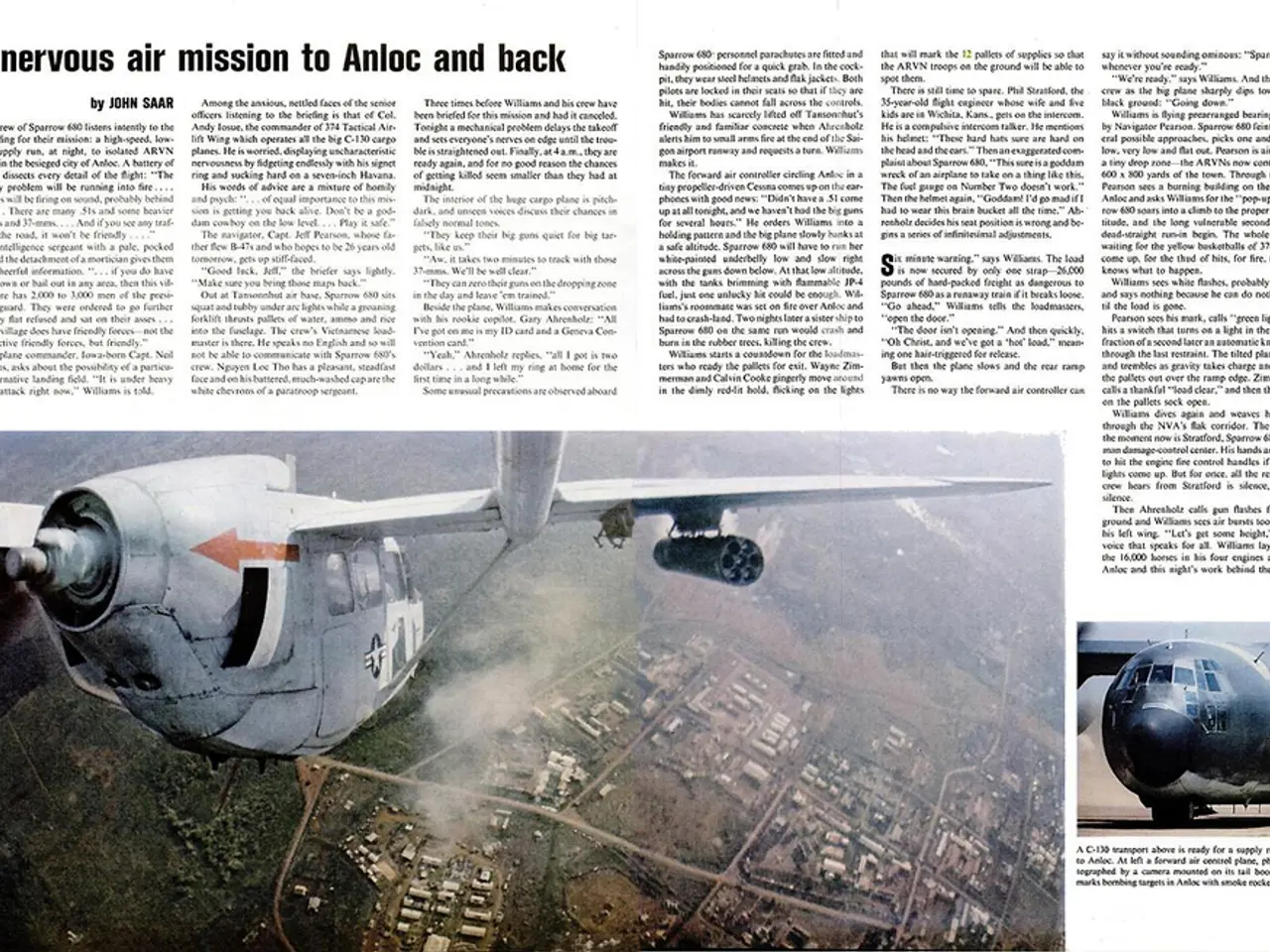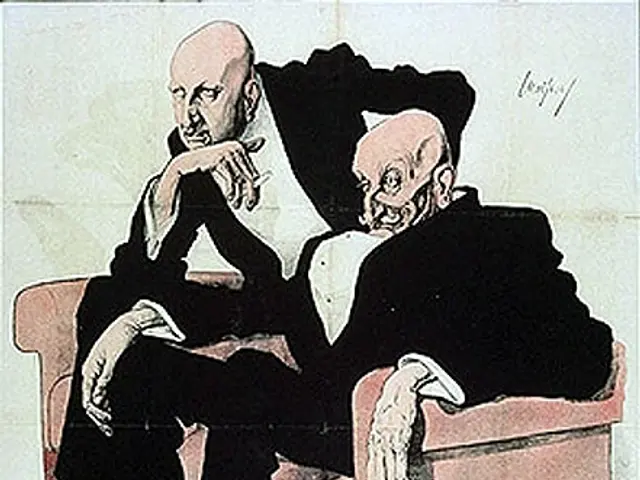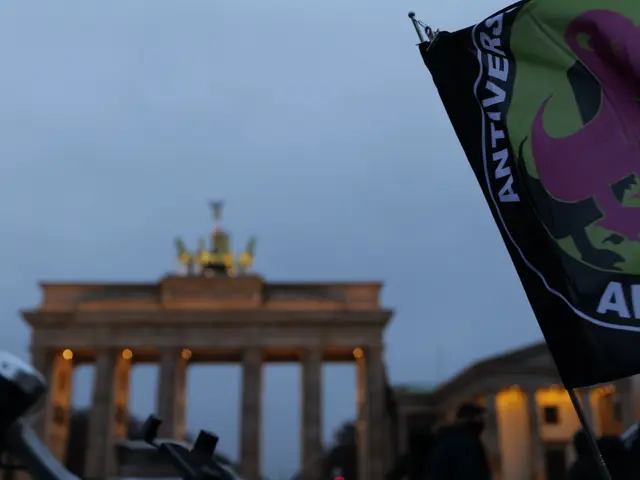U.S. Ex-Im Bank Proposes Cape Town Treaty Agreement
The Cape Town Treaty, officially known as the Convention on International Interests in Mobile Equipment, is a significant international legal framework that governs the financing and leasing of high-value mobile equipment, with a specific focus on aircraft. The treaty, concluded in Cape Town, South Africa in 2001, has been instrumental in expanding the sources of financing, increasing the amount of available financing, and lowering the cost of financing for airlines worldwide.
The treaty establishes a commercial legal framework to protect security and leasing interests in aircraft equipment. This globally recognized system for registering security interests in aircraft significantly enhances the protection and enforcement rights of financiers and lessors internationally, reducing risks associated with aircraft financing and leasing.
One of the key benefits of the Cape Town Treaty is the clear, uniform rules it provides. These rules streamline leasing and financing processes by making it easier to establish and enforce creditors' rights across borders. The treaty reduces legal uncertainties and operational bottlenecks that previously discouraged foreign lessors, particularly in emerging markets.
The treaty's impact on aircraft financing and leasing is substantial. It leads to lower leasing costs and increased access to aircraft fleets for airlines globally. In countries like Nigeria, the adoption of the Cape Town Treaty protocols has already improved the creditworthiness and leasing terms for domestic carriers.
The US Export-Import Bank (US Ex-Im Bank) has been one of the institutions influenced by the Cape Town Treaty. The treaty's provisions potentially enable the US Ex-Im Bank to offer more favorable financing terms or reduced exposure fees to international buyers financing aircraft. This is because the treaty mitigates default and repossession risks.
The US Ex-Im Bank has offered a one-third reduction of its exposure fee on asset-backed financings of new US-manufactured large commercial aircraft for buyers in Cape Town Treaty countries since 2003. This offer has been extended to international buyers in countries that ratify and implement the Cape Town Treaty and the related aircraft equipment protocol.
The lower cost of financing will enable airlines to upgrade their fleets through new aircraft and related equipment purchases, thereby supporting jobs in the aerospace industry. Eligible foreign buyers can receive an Ex-Im exposure fee as low as 2% on such financings, a one-third reduction of the current minimum 3%.
The Cape Town Treaty and the related aircraft equipment protocol is an international treaty to facilitate the cross-border financing and leasing of aircraft, helicopters, and aircraft engines. To date, 11 countries have ratified/acceded to and implemented the Cape Town Treaty, including the US.
For more information about the Cape Town Treaty, visit UNIDROIT's website at http://www.unidroit.org/english/conventions/mobile-equipment/main.htm. The treaty is a crucial tool for modern aircraft financing and leasing, providing uniform legal protections internationally, lowering risk for financiers like the US Ex-Im Bank, and improving financing terms and leasing costs for international buyers.
The Cape Town Treaty extends its beneficial effects to the aerospace industry, as the lower cost of finance enables airlines to purchase new aircraft and related equipment, supporting jobs in this sector. The treaty, significantly, offers advantageous financing terms to international buyers, as evidenced by the US Export-Import Bank offering reduced exposure fees to buyers from countries that have ratified and implemented the Cape Town Treaty and the related aircraft equipment protocol. This treaty, furthermore, fosters trade finance within the industry by establishing a globally recognized system for registering security interests in aircraft, thereby reducing risks associated with aircraft financing and leasing.








